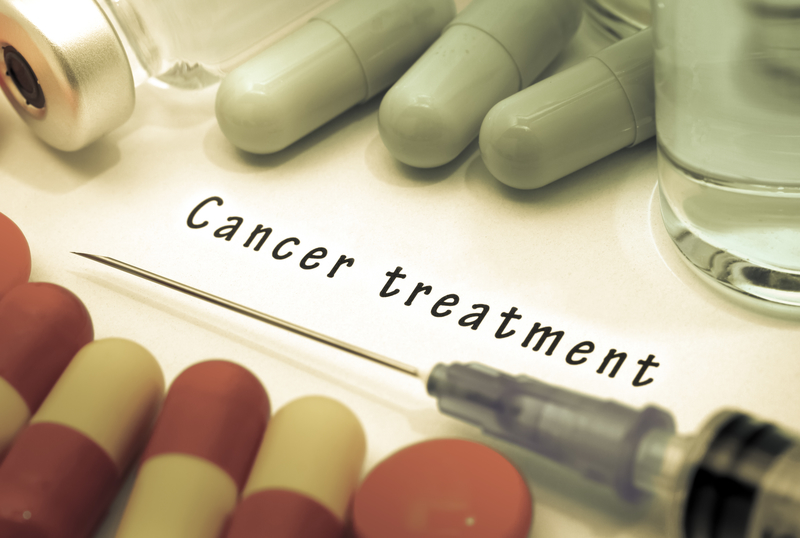Receiving a cancer diagnosis can be an overwhelming experience. But the steps taken after the diagnosis can significantly influence your journey towards healing. Here’s how you should approach treatment after getting diagnosed with cancer.
Work With a Specialist
Following a cancer diagnosis, one of the most crucial steps is to find the right healthcare specialist. Oncologists are doctors specialized in treating cancer and they understand the complexities of the disease. The right oncologist will help you navigate through your treatment options, which may include surgery, chemotherapy, radiation therapy, or a combination of these. Additionally, they will monitor your progress and adjust the treatment plan as necessary. Remember, every cancer is unique, so individualized treatment is essential for the best possible outcome.
Make Lifestyle Changes
Your lifestyle plays a significant role in your cancer journey, from diagnosis to treatment and recovery. Regular physical activity can decrease your risk of many cancers and make recovery easier. Exercise can help reduce fatigue, improve mood, and boost overall well-being during and after treatment.
Nutrition is another critical aspect to consider. A well-balanced diet rich in fruits, vegetables, lean proteins, and whole grains can provide the necessary nutrients to strengthen the immune system, aid in recovery, and improve quality of life. It’s also recommended to limit alcohol intake and avoid tobacco to enhance overall health and well-being.
Find a Support Network
Cancer is not just a physical journey; it’s emotional and mental too. A strong support network can be an invaluable resource during this challenging time. This could be family and friends, cancer support groups, or a team of healthcare providers such as social workers or psychologists.
Cancer support groups, whether online or in person, can provide comfort, reduce feelings of loneliness, and foster a positive outlook. Sharing experiences with others who are going through similar situations can be very therapeutic. Professional mental health services can also provide strategies to manage stress and cope with the emotional impact of cancer.
Facing a cancer diagnosis is daunting, but remember, you are not alone in this journey. Take one step at a time. Find a specialist you trust, make necessary lifestyle changes, and lean on your support network. Stay informed, ask questions, and make decisions that are right for you. Your resilience, determination, and courage are your greatest allies in this battle against cancer.
Did you enjoy this article? You might also like: Issues That Seniors Often Face in the Healthcare System



